After trying many different farming models without success, Mr. Ly Van Huan (born in 1992) in Suoi Binh hamlet, Dong Tien commune, Dong Phu district decided to stick with raising pigeons. According to Mr. Huan, this is a bird species that can reproduce quickly, has a stable output, requires a small farming area, but brings high economic efficiency. Thanks to raising pigeons, Mr. Huan's family has a stable source of income.
Started with 200 pairs of pigeons
In 2019, after learning about how to raise and the local pigeon market, Mr. Ly Van Huan decided to invest in a barn and raise 200 pairs of pigeons. As a young Tay ethnic man, he diligently studies and accumulates new knowledge on the internet. Since the early days of starting his business, Mr. Huan has successfully bred 800 pairs of parent pigeons, mainly French hybrid pigeons and Thai Titan pigeons. These are two super meat pigeon breeds, weighing 200-300g heavier than domestic pigeons. French hybrid pigeons have white and black feathers, adults weigh about 400g, Thai Titan pigeons have stone gray feathers, weighing from 500-600g. Mr. Huan said: "Titan pigeons are consumed more than French hybrid pigeons because they have more meat. Restaurants and pubs often order super meat pigeons. Currently, my farm still does not have enough quantity to supply."
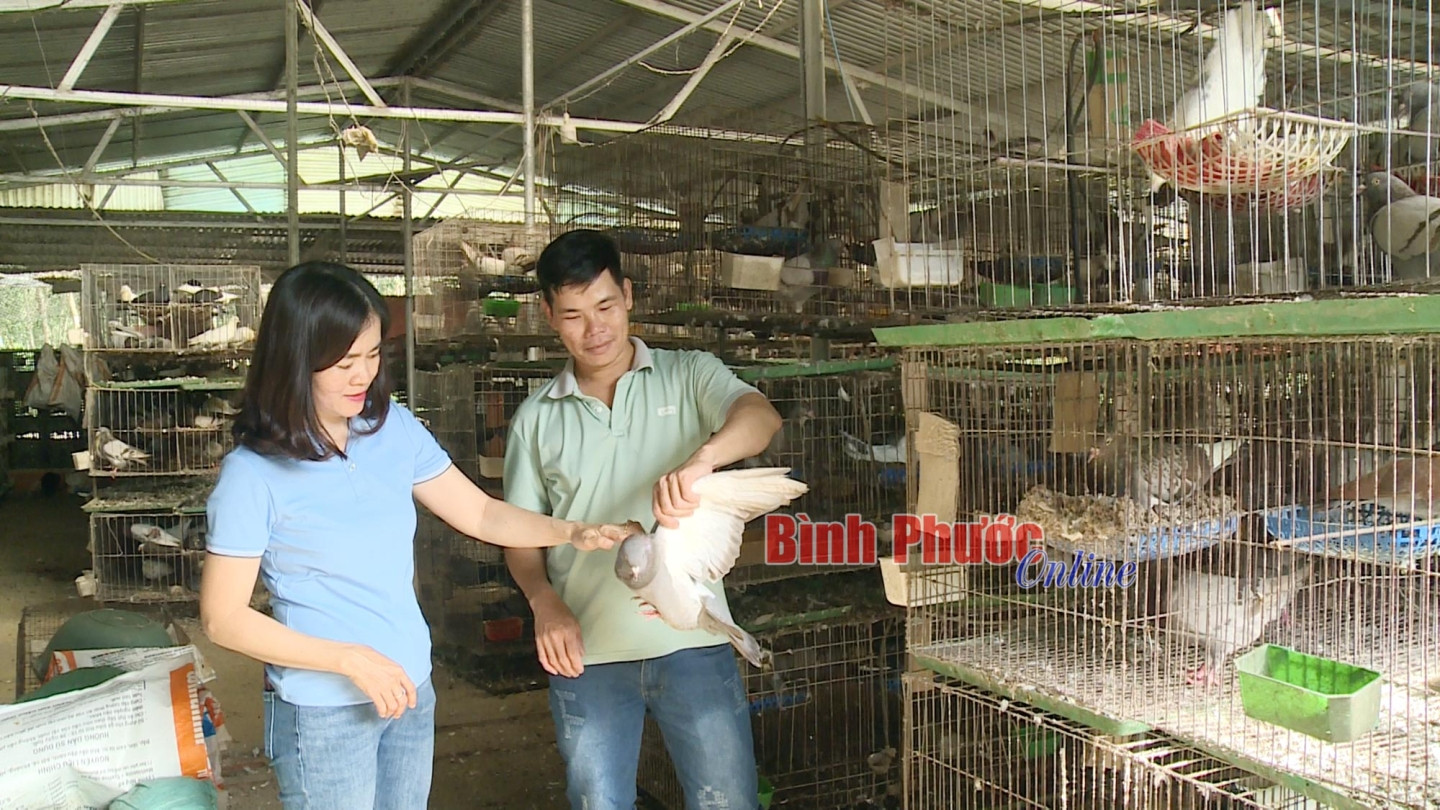
Mr. Huan's pigeon farm is built on high, airy land, with an area of about 300m2 , a corrugated iron roof, surrounded by a mesh fence combined with a tarpaulin cover. To save space, Mr. Huan designed the cages in rows, each row consisting of many cages. Each cage holds a pair of parent birds. Inside the cage, Mr. Huan uses plastic baskets as nests, fixed so that the birds can reproduce and incubate eggs conveniently. Pigeons raised for 4-6 months will lay their first clutch. Each year, pigeons lay 8-9 clutches, each clutch of 2 eggs. After incubation for about 18 days, the eggs hatch into chicks. From hatching to 20 days old, fledgling pigeons weigh about 300g, and are sold for 65-70 thousand VND/bird. Each month, he sells about 700 pigeons, after deducting expenses, the profit is more than 20 million VND. In addition to selling meat pigeons, Mr. Huan also supplies breeding pigeons, each pair costs from 300,000 to 500,000 VND. Mr. Huan said: The output of meat pigeons is currently relatively stable. Because they have been raised for many years, there are many consumers at markets, restaurants, and pubs. Sometimes restaurants order a few hundred pigeons, but the farm still does not have enough quantity to supply.
Directions for farmers with little land
After many years of raising pigeons, Mr. Huan realized that this is a bird that is very easy to raise, has high resistance, and is not susceptible to diseases. However, to achieve high efficiency, breeders need to strictly follow environmental hygiene conditions and monitor the development of the flock from laying, hatching eggs to adulthood. Pigeons' food is mainly natural grains, bran, rice, corn, beans... Each pigeon eats very little, the amount of food is 1/10 of its body weight.
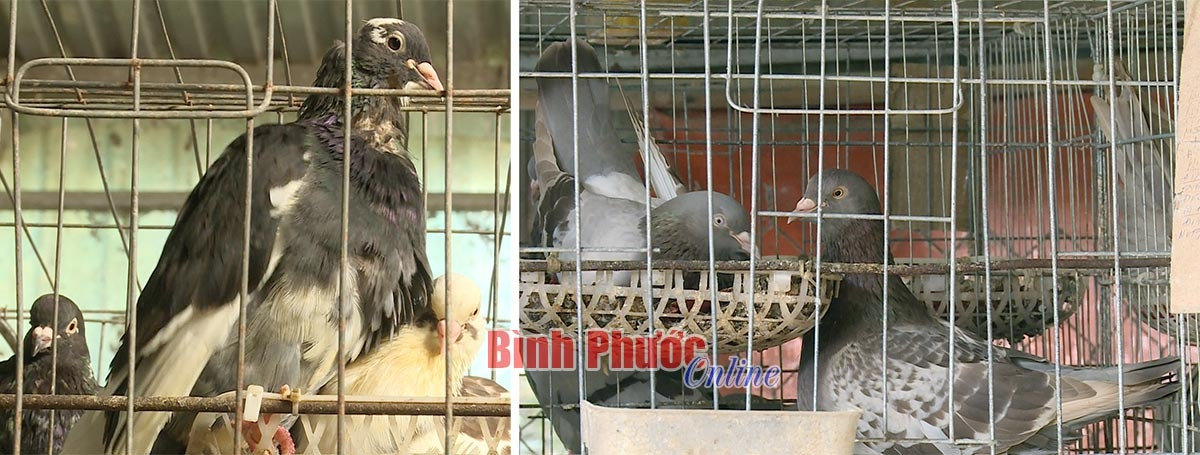
Mr. Huan shared: “During the day, in addition to feeding the birds, I also go to tap rubber. In the evening, I spend time collecting eggs in the incubator, and placing newly hatched birds in the parent cage for them to take care of. The job seems simple but requires the breeder to be careful and meticulous.” Mr. Huan often records the reproduction and incubation time to pair the chicks with each pair of parents. During the time of collecting eggs and putting them in the incubator, it is necessary to let the parent pigeons incubate fake eggs, ensuring that the parent pigeons have more than 12 days to incubate the eggs. After the eggs hatch, the chicks are paired with the parents. When the pigeons are about 30 days old, continue to classify the male and female birds to pair them for reproduction.
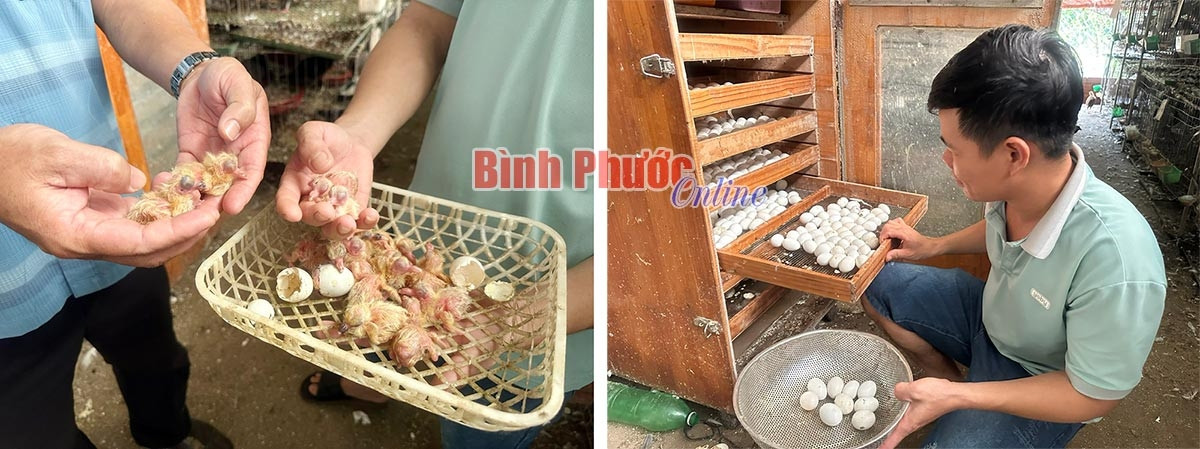
Pigeons are highly nutritious animals, very nutritious for the elderly, people who have just recovered from illness, and malnourished children. Currently, Mr. Huan's farm does not have enough quantity to supply the provincial market. In the future, Mr. Huan plans to build more farms and double the herd. According to Mr. Huan, this is a suitable farming model for households with little land. Since starting his pigeon farming business, Mr. Huan has saved a fair amount of capital, raised his children to study, and built a new house.
Source




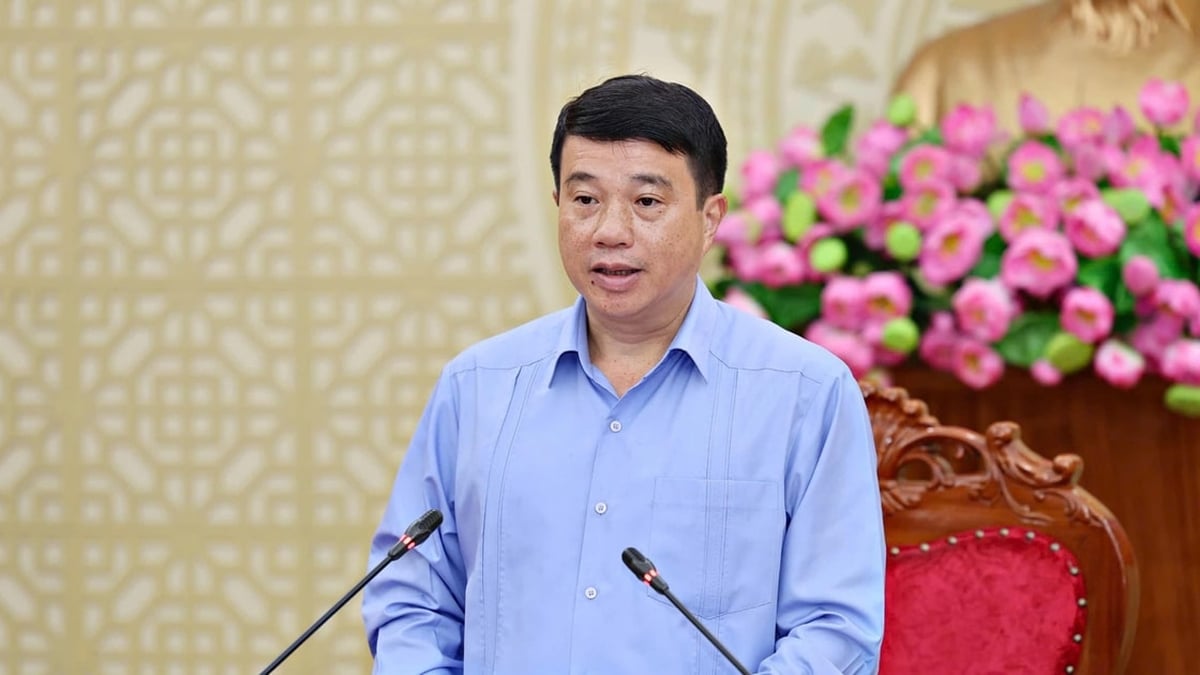

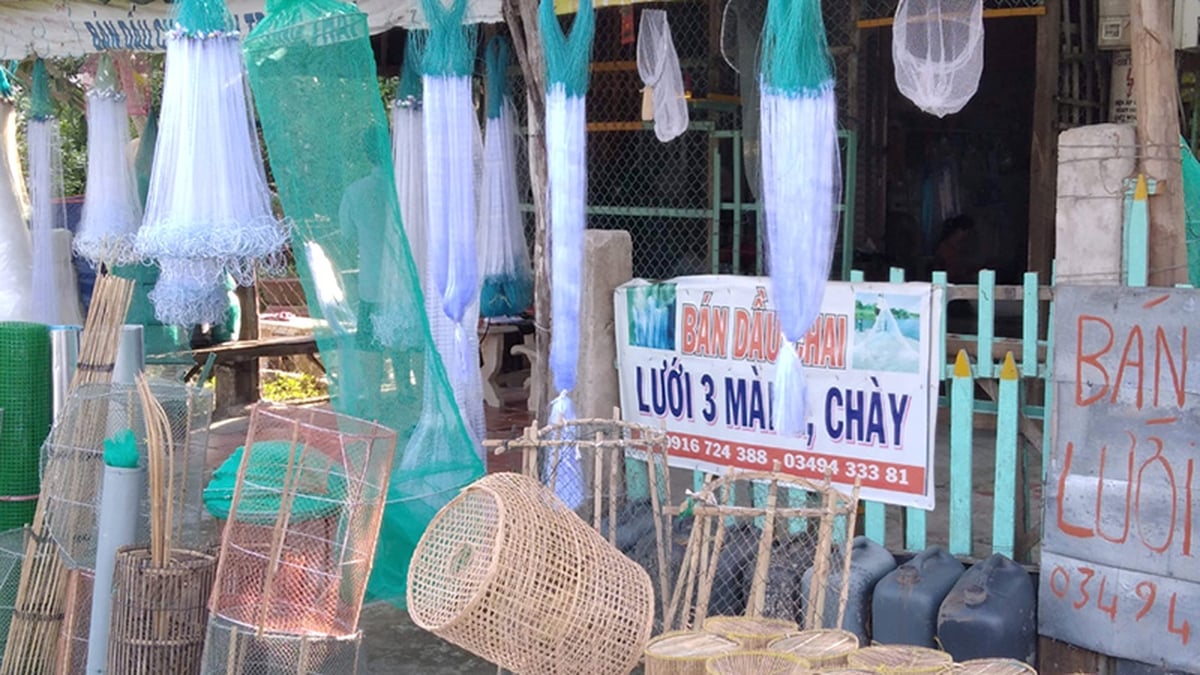
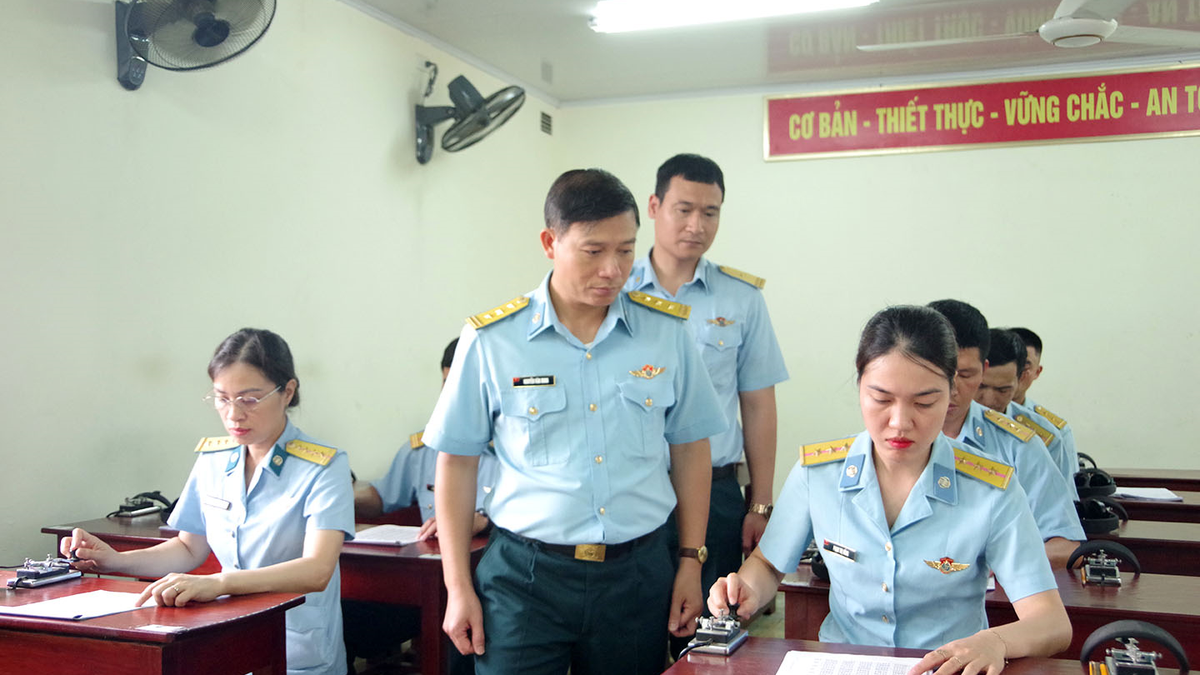














































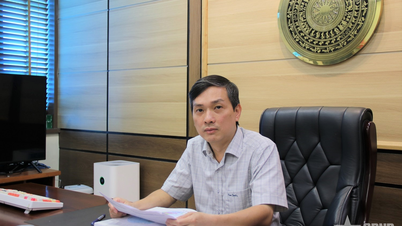














































Comment (0)